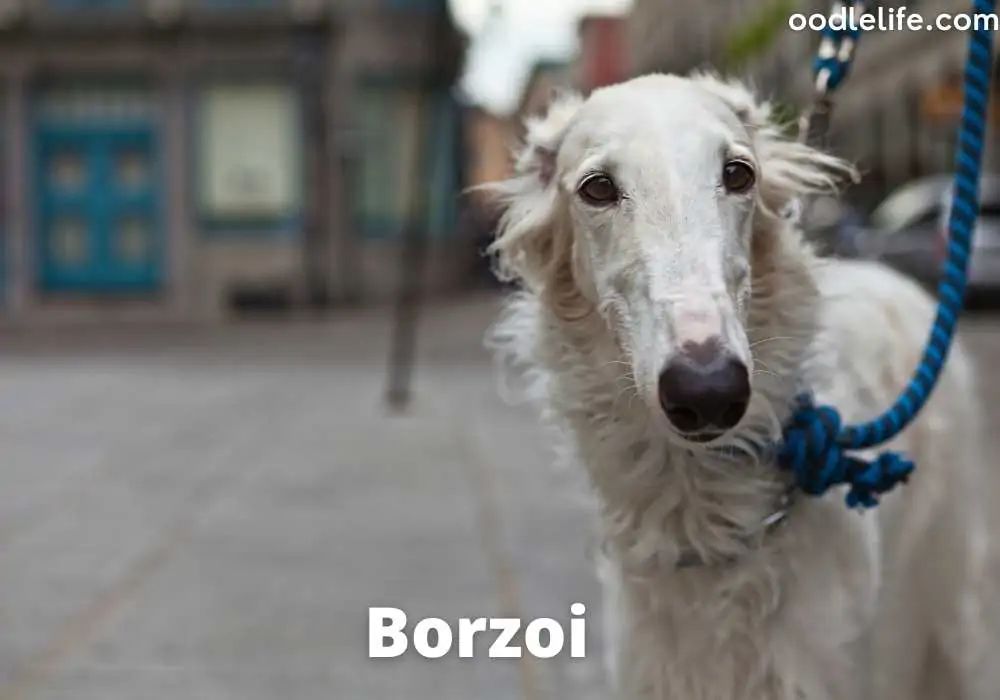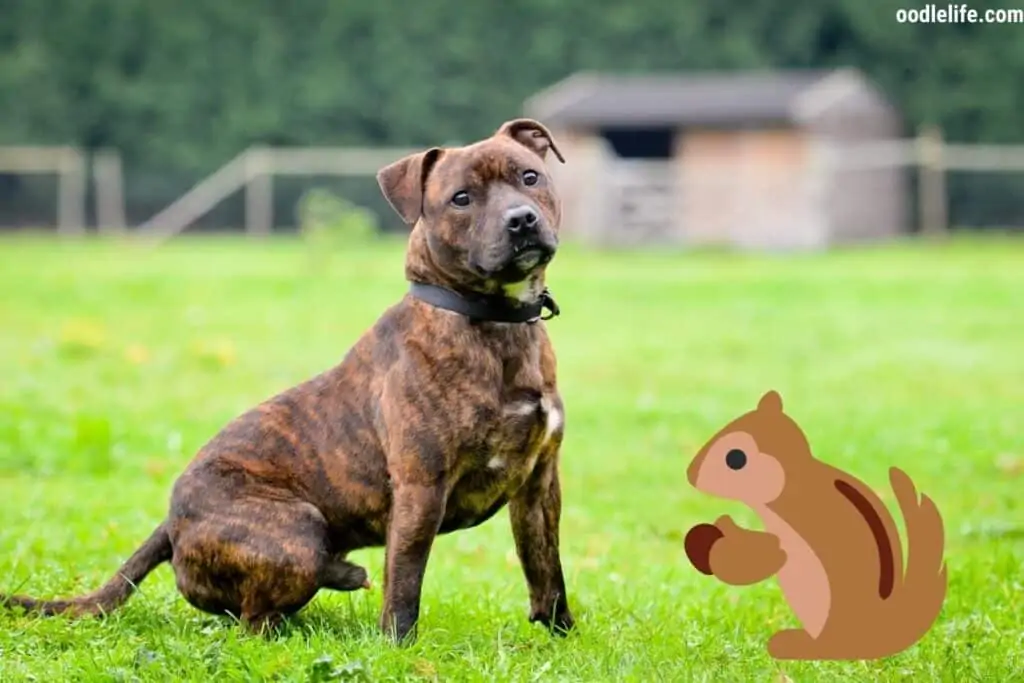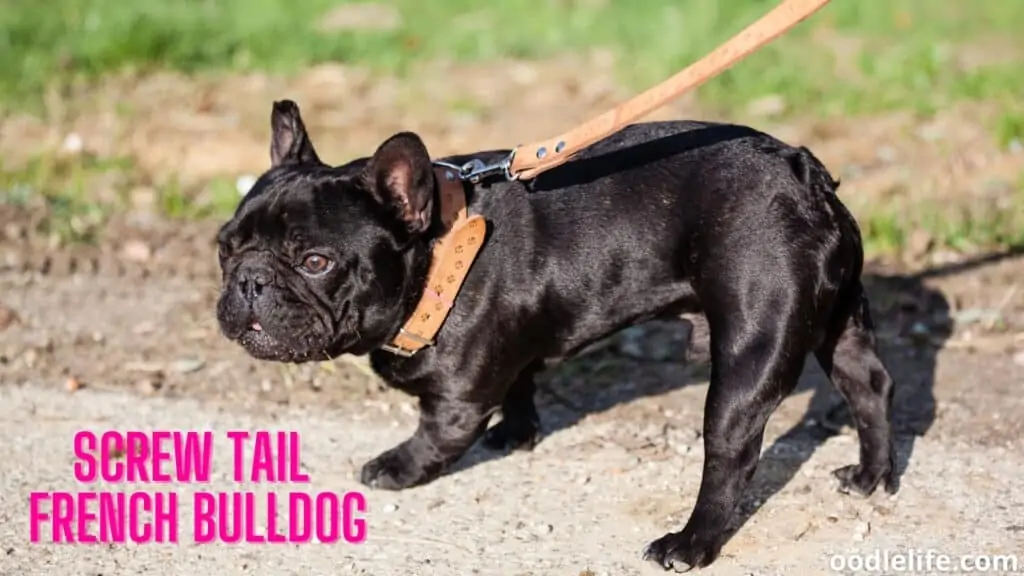Why Doesn’t My Dog Bark? [Is It Normal?]
Have you noticed that your dog hasn’t been barking? Do you ask yourself constantly, “why doesn’t my dog bark?” After all, nuisance barking is a problem most dog owners face.
It might be surprising if you have a dog, and it never seems to bark at all. If this is you, you are probably concerned about something wrong with your dog.
The two most common reasons that some pet owners will have a dog that doesn’t bark are either a breed-specific trait or a health reason.

In other words, if a dog doesn’t bark, it may be the result of one or several different reasons, including its breed and health predisposition. Let’s take a look at them below.
Breeds That Rarely Bark
Several dog breeds tend to be quiet or hardly ever bark. Of course, this varies, and while some of these dogs may pretty much never bark, some just bark less than other similar dogs.
If your dog doesn’t bark and rarely barks, maybe it’s one of these breeds. Or if it’s a mixed breed, perhaps it has one of these breeds in its ancestry.
Let’s look at examples of dog breeds that don’t bark as much as others.
Saluki
Salukis are known for not barking very much. These are calm dogs, but make sure you give them plenty of exercise. They need a lot of space to run on a daily basis. Salukis tend towards shyness, making them even less likely to bark.
Shiba Inu

This breed has been compared to a cat in how it behaves. One of the reasons is its lack of barking. This behavior doesn’t mean it never barks, though.
Like most other quiet breeds, the Shiba Inu does bark in some circumstances. For example, this breed will probably bark if something unusual happens, such as a stranger appearing at the front door.
Basenji

The Basenji breed is unusual in that it doesn’t bark at all. However, don’t be fooled. That doesn’t mean this pooch is quiet. On the contrary, it’s famous for its strange howl that owners often call a yodel. Remember, this dog is a hound. It makes a howling sound with a unique Basenji touch.
This pint-sized curly tail dog can startle or surprise the unexpecting.
Italian Greyhound
Italian greyhounds don’t bark as frequently as many other breeds. However, it may undoubtedly bark if a stranger appears on your property. This dog is known for its affectionate nature.
Like other dogs with a similar need for companionship, the Italian greyhound may suffer from separation anxiety and bark in those circumstances.
Borzoi
The Borzoi has a low propensity for barking. However, this remarkably tall dog has plenty of energy, and it may develop behavior issues if you don’t facilitate the exercise and mental stimulation it requires for happiness and health.

Cavalier King Charles Spaniel
The Cavalier King Charles Spaniel doesn’t usually have much propensity for barking in the ideal circumstances. When it gets all the time it wants with its human companions, this dog can be almost silent.
However, one situation in which a Cavalier King Charles Spaniel may bark a lot is if it experiences separation anxiety.
Chinese Shar-Pei
The Chinese Shar-Pei is another breed that usually doesn’t bark very often. This breed is recognized for being quite shy, but make sure you give it plenty of exercise.
Bulldog
If you have a bulldog and wonder why it’s not barking much, there is usually no need to worry. The bulldog breed isn’t known for its barking.
Whippet
The whippet is one of those dog breeds that don’t do much barking. However, individual whippets vary in how much they may bark like other breeds-many whippets like barking during playtime.
Scottish Deerhound
The Scottish Deerhound is undoubtedly an enormous dog, but it’s not a barker. It may bark sometimes, but this is considered a low-barking breed. This dog needs a lot of exercise to stay happy, so keep this in mind.
Why Doesn’t My Poodle Bark?
You’ll notice poodles and poodle-mixes weren’t included on this list of low-barking dogs. That is because they’re generally never considered part of that group.
The American Kennel Club ranks the poodle just under “Very Vocal” when it comes to barking. Given how energetic these dogs are, they are likely to do quite a bit of barking.
If you notice your poodle not barking, there may be a problem. Let’s find out about some of those potential issues below.

Other Reasons Your Dog Doesn’t Bark
What if your dog isn’t from a low-barking breed, but you notice it doesn’t bark much? There are other potential reasons why a dog doesn’t bark. Let’s take a look at them below.
Individual Personality
Even within breeds, each individual dog has its personality. Some dogs just won’t have the same propensity for barking as others. If you’re worried about your dog not barking, bring them to the vet for advice. Your veterinarian will examine your dog and ask questions to determine why your dog isn’t barking.
Initial Shyness
In some cases, a dog may not bark very much for a while after adoption because it is still shy in your home and environment. If you think this is true for your dog, encourage it to be more confident with affection and positive reinforcement.
Some dogs can develop barking behavior as a way of masking anxiety or depression. Some dogs are high maintenance and need attention to prevent boredom. Otherwise, you an expect constant barking.
Health or Vocal Problems
Specific health and vocal problems may mean a dog won’t bark very much. Here are some of the most common.
Laryngeal Paralysis
Laryngeal paralysis is a condition with a negative change or impairment in your pet’s larynx. The structure is adversely affected, making it difficult for your dog to vocalize. When a dog has laryngeal paralysis, there is a weakness or even paralysis in the laryngeal muscles.

Tumor
If your dog has a tumor in the trachea or larynx, this may stop your dog from barking. An example of this kind of tumor is Chondrosarcoma. This tumor is a dangerous condition, as doctors consider it malignant cancer. Bring your dog to the veterinarian right away if you suspect it may have a tumor.
Earlier Life Experiences
Did you rescue your dog from a shelter or adopt him from a previous owner? If so, your dog’s experiences in their earlier life might be the root cause of the lack of barking.
Dog Training
If your dog has had previous owners, it’s possible that they trained him to bark less. Some anti-bark training can be positive. An example of this is taking steps to lessen the stress if your dog barks because of separation anxiety.
Never try to intimidate a dog out of barking. This action can cause psychological damage. Use positive reinforcement for good behavior and silence instead.
Abuse
There is a possibility that previous owners mistreated or abused your dog whenever it barked, making it frightened to bark now. Try to find out about your pet’s earlier life and owner. If you rescued your dog from a shelter, ask the people there whether they have any information.

Final Thoughts
Now you know various possible reasons why your dog isn’t barking the way you expected. While plenty of breeds tend to be low-barkers, you should get your dog checked by the veterinarian if you think there may be a medical issue behind their non-barking.
- Why does my dog bark at ME but NOT my husband?
- Help! My dog barks when leave the house. What can I do?
- How to stop Goldendoodle barking
- How to stop Cockapoo barking
- Why do dogs bark in their sleep?
